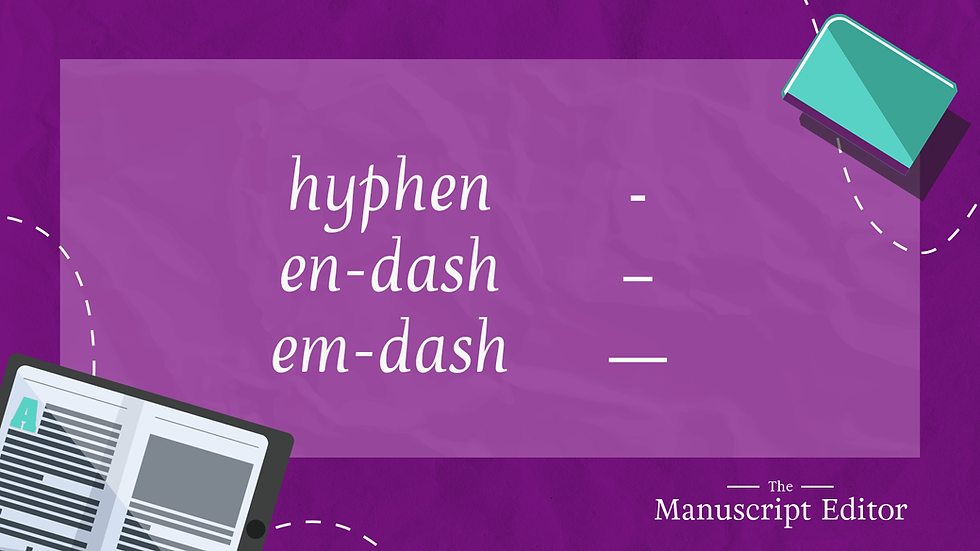7 Commonly Confused Word Pairs (And How to Keep Them Straight!)
- Janeth
- Jul 15, 2025
- 3 min read
Let’s face it, English can be a bit of a trickster. Just when you think you’ve got it all figured out, along comes a pair of words that look the same, sound the same, or both—but mean totally different things. It’s no wonder even native speakers get tripped up sometimes!

Photo by libellule789 on Pixabay
To help you out, here’s a friendly guide to some of the most commonly confused word pairs (and a few trios). We’ll break them down with simple definitions and easy examples so you can use them with confidence. (The title says seven, but we may have gotten a bit carried away at the end…)
1. Loose vs. Lose
These two are often mixed up, but they’re not interchangeable.
Loose (rhymes with moose) is an adjective. It means not tight or not firmly attached.
Lose (rhymes with choose) is a verb. It means to misplace something or not win.
Examples:
My tooth is loose. I might need to see the dentist.
If we don’t change our strategy, we might lose the game.
2. Suppose/Supposed to and Use/Used to
Here’s a quick fix: when using these with “to,” don’t drop the “d”!
It’s supposed to, not suppose to.
It’s used to, not use to.
Examples:
You’re supposed to finish your homework before playing video games.
I used to live in the city before moving to the suburbs.
3. Than vs. Then
These two sound similar but do very different jobs.
Than is for comparisons.
Then is about time or sequence.
Examples:
She’s taller than her brother.
We had lunch then went shopping.
4. Of vs. Have
This one’s a sneaky mistake that shows up in phrases like “should of” or “could of.” What you really want is:
Should have, could have, would have—because “have” is the correct helping verb.
Tip: If you’re writing it out, always go with “have,” even if it sounds like “of” when spoken.
5. Accept vs. Except
These two are easy to mix up, but here’s a quick way to remember:
Accept is a verb—it means to receive or agree to something.
Except is usually a preposition—it means “not including.”
Examples:
I accept your apology.
Everyone is invited except Sam—he’s out of town.
6. Advice vs. Advise
This pair is all about the part of speech:
Advice (with a soft “s” sound) is a noun. It’s the suggestion itself.
Advise (with a “z” sound) is a verb. It’s the act of giving that suggestion.
Examples:
My advice is to get plenty of rest before the exam.
She advised me to take the earlier train.
7. Affect vs. Effect
These two are classic troublemakers.
Affect is usually a verb—it means to influence.
Effect is usually a noun—it means the result.
Examples:
The weather can affect your mood.
The new policy had a big effect on productivity.
Other Commonly Mixed-Up Words
Here are a few more pairs (and one trio!) to keep an eye on:
Weather (rain, sun, etc.) vs. Whether (if)
Hear (with your ears) vs. Here (this place)
Principal (school head or main) vs. Principle (a rule or belief)
Personal (private) vs. Personnel (staff)
Capital (city or money) vs. Capitol (government building)
New (not old) vs. Knew (past tense of know)
No (opposite of yes) vs. Know (to be aware of)
Final Tip
Misusing words won’t ruin your writing, but it can make it harder to read—and might make readers question your credibility. When in doubt, read your sentence out loud. If something sounds off, it probably is!
Enjoyed this article? Check out our other language tips right here on Grammary! If you're a writer aiming for polished, professional work, we can help! Send your manuscript to themanuscripteditor.com for a free 800-word sample. Let's make your writing shine!








Comments